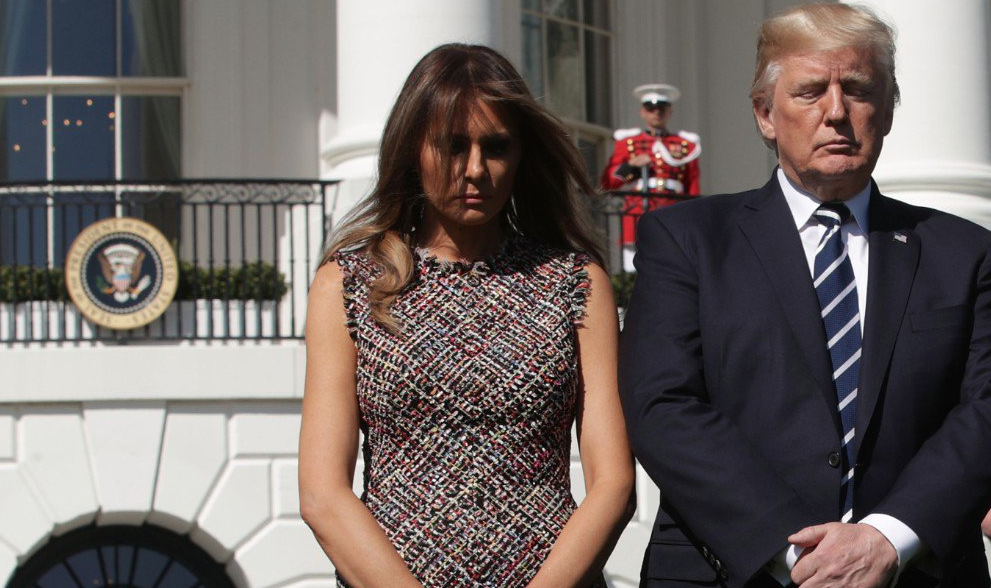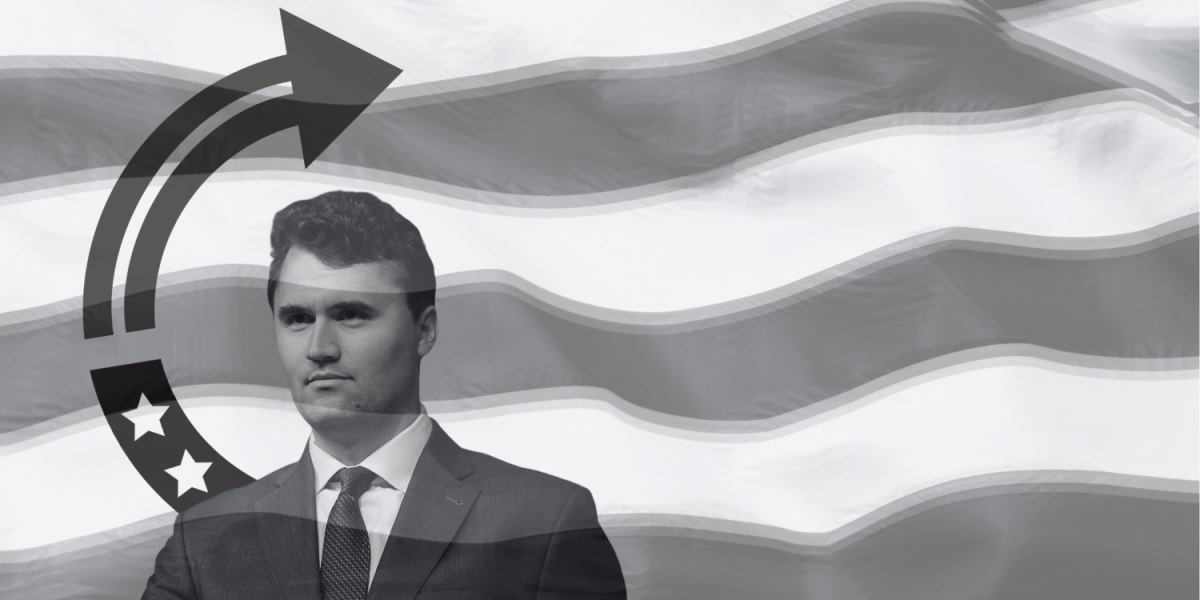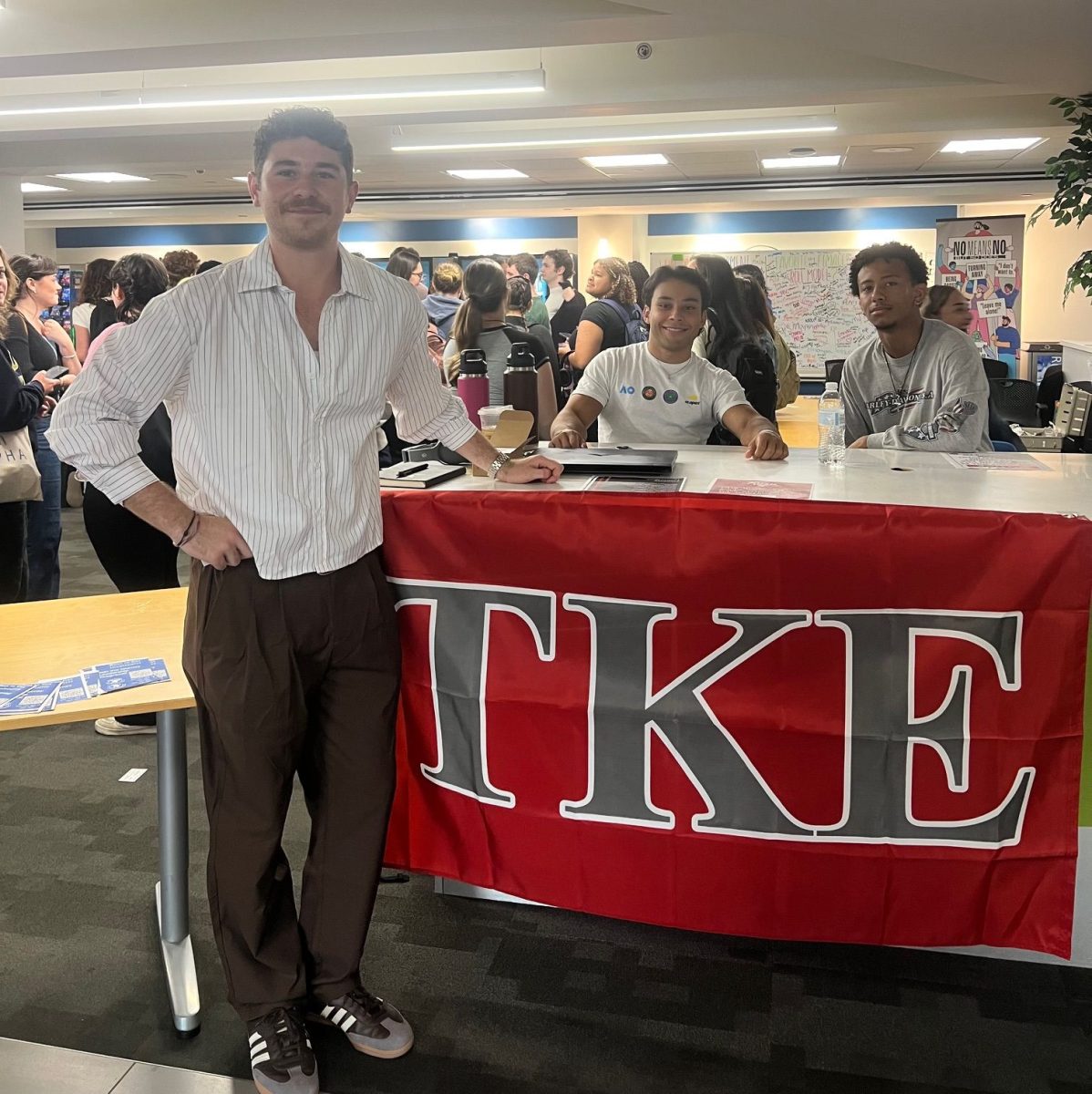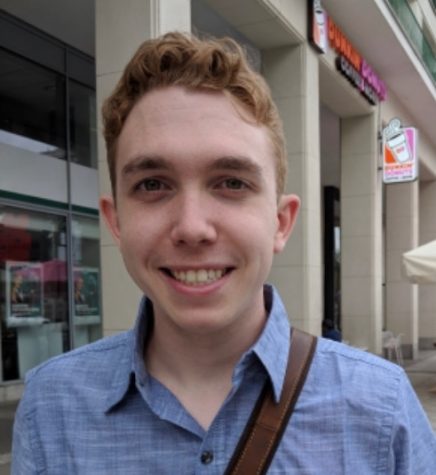International students at Suffolk University are faced with new travel restrictions, after last week President Trump increased the scope of his controversial travel ban to include several new countries, while also removing Sudan. This means travelers to or from Chad, Iran, Libya, North Korea, Syria, Venezuela and Yemen, may all face a widely varying group of constraints.
At Suffolk, and any other American university, students may now be unable to go home and return to school after classes are completed for the year depending on which of the banned countries they are from. The law states that any entry into the country by Syrians is completely suspended without exception. But for those looking to come from Venezuela, all are allowed to travel with exception for government officials and their immediate family members.
Out of all the countries discussed in the new ban, Venezuela represents the largest population of Suffolk students with more than 50 enrolled this year. In contrast to this, there are less than ten students enrolled from North Korea, Syria, Chad, Yemen and Libya combined.
“I think, as much as I disagree with most of President Trump’s action regarding policy, that’s the only portion of the ban that I do understand,” said Student Government Association president and Suffolk senior Daniel Gazzani regarding the inclusion of Venezuela into the travel ban in a recent interview with The Suffolk Journal.
Gazzani is from Venezuela, a country whose government he said he believes needs to be recognized as guilty of many human rights violations and fraudulent election activities.
“I think it’s more of punitive measure to punish [the North Korean and Venezuelan] governments for the courses of policy action they have taken against the United States,” continued Gazzani.
On Twitter, President Trump explained his motivation for moving forward with the ban as centered around plans to, “not admit those into our country we cannot safely vet.”
More than 200 countries were reviewed as to how well they would be able to provide Homeland Security with detailed identifying information about those citizens which intend to travel into the United States. The Office of the Press Secretary that those countries which did not meet these standards would be limited in their ability to travel to the U.S.
Unlike the previous ban, the new plan will be active indefinitely, until those countries either make changes that would allow them to be compliant with the new rules, or until the supreme court rules it as unconstitutional.
“I think the travel ban continues to leave students that are impacted nervous, scared, afraid, I think they’re nervous to study abroad or to travel home and come back,” explained Dean of Students Ann Coyne in an interview with The Suffolk Journal.
Coyne described how although most students will not be directly affected by the new policies, it leaves many “concerned and confused.”
“Within the university it’s our role to keep students safe on campus and to provide them with support and resources they need so they can cope with these stressors,” insisted Coyne.
Much of the initial push-back surrounding Trump’s original proposed travel ban was due to the overwhelming majority of the populations being Muslim. This, following comments in December of 2015 calling for a “total and complete shutdown” of Muslims entering the country. The inclusion of North Korea and Venezuela have signaled to some as an attempted distancing of his administration from the accusations of the travel ban being motivated by any anti-Muslim sentiment.





















